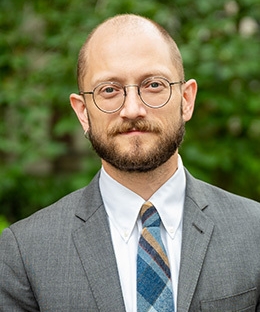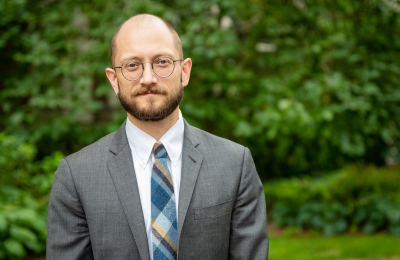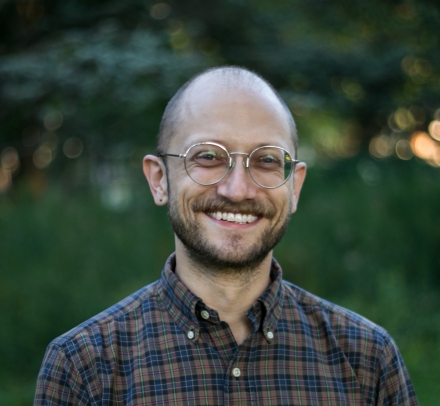
Christopher Morten
- Associate Clinical Professor of Law
J.D., New York University School of Law, 2015
Ph.D. (Chemistry), Massachusetts Institute of Technology, 2011
B.A., Columbia College, 2005
Administrative Law
Clinical Legal Education
Data Privacy Law
Freedom of Information Law
Health Law
Patent Law
Trade Secrecy Law

